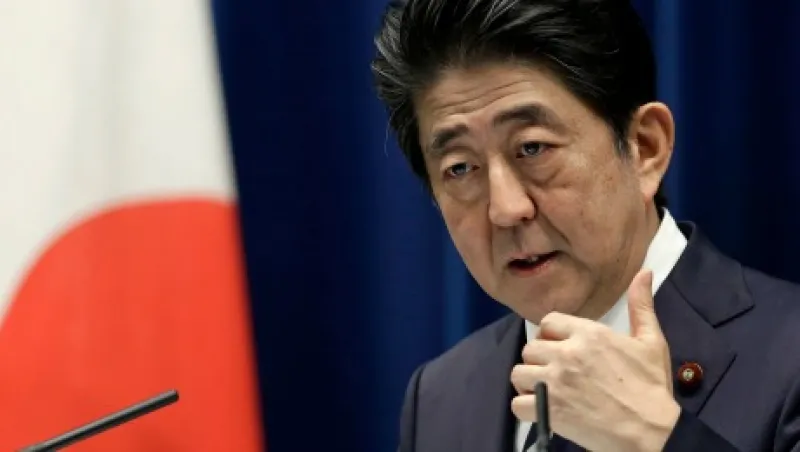
Daily Agenda: Currency Markets Signal More Pain for Japan
The yen reaches appreciates against the dollar; China’s currency reserves expand; Venezuela slips deeper into the abyss; oil prices slide.
Andrew Barber
April 7, 2016


